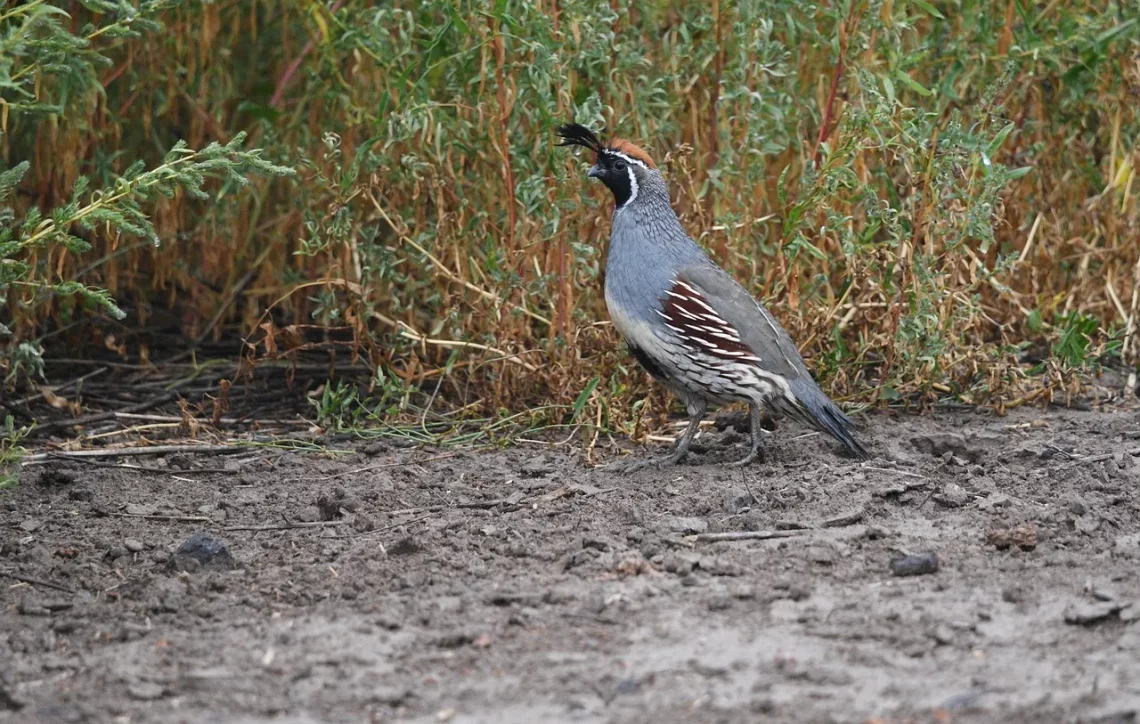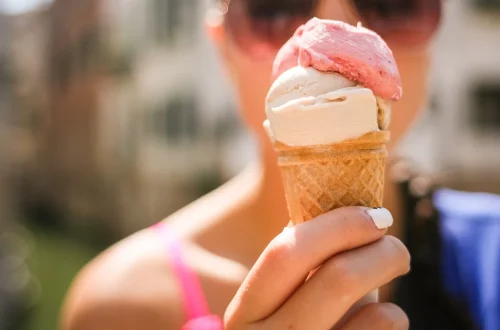
How Long Do Quail Live? Lifespan Insights and Care Tips
Quail are fascinating birds that have captured the attention of bird enthusiasts, farmers, and hobbyists alike. Known for their delicate appearance and unique calls, these small game birds have become popular in both domestic settings and the wild. One compelling aspect of quail that often piques the interest of those considering raising them is their lifespan. Understanding how long quail live can significantly impact decisions related to their care and management.
In domestic environments, quail can serve various purposes, from being a source of meat and eggs to providing companionship and entertainment. Their relatively short lifespan compared to other poultry makes it essential for owners to provide the best possible care during their lifetime. Factors such as breed, environment, diet, and overall health play a crucial role in determining how long these birds thrive.
As we delve deeper into the lifespan of quail, we will explore the various factors that influence their longevity and share practical tips on how to ensure they lead happy and healthy lives. Whether you are a seasoned quail keeper or a newcomer interested in these charming birds, understanding their needs can help you create an optimal environment for them to flourish.
Understanding Quail Lifespan
The lifespan of quail varies significantly depending on several factors, including species, living conditions, and care practices. On average, quail can live between two to five years when raised in captivity. The most common species kept in domestic settings, such as the Coturnix quail, tend to have a lifespan on the shorter end of that spectrum, while some wild species may live longer.
In the wild, quail face numerous challenges that can affect their longevity, such as predators, environmental changes, and food shortages. These factors can lead to a decreased lifespan, with many wild quail living only about one to two years. On the other hand, quail raised in controlled environments often benefit from regular feeding, protection from predators, and veterinary care, which can contribute to a longer lifespan.
Genetics also play a crucial role in determining how long quail live. Specific breeds may inherently possess traits that contribute to their longevity or vulnerability to diseases. For instance, some quail breeds are more resilient than others, and understanding these characteristics can help owners make informed decisions when selecting birds for their flocks.
Moreover, stress factors can significantly impact quail lifespan. Birds that are frequently exposed to stressors, such as overcrowding, inadequate shelter, or harsh weather conditions, may experience a decline in health, leading to a shorter lifespan. Ensuring a calm and secure environment is essential for promoting a longer life for these birds.
Overall, understanding the typical lifespan of quail can help owners set realistic expectations and make informed choices regarding care and management. By prioritizing their well-being, you can help maximize the potential lifespan of your quail.
Factors Influencing Quail Longevity
Several factors contribute to the overall lifespan of quail, and understanding these elements is key to promoting their health and well-being. One of the most significant factors is diet. A balanced and nutritious diet is crucial for maintaining the health of quail. They require a diet rich in protein, vitamins, and minerals to support their growth and immune system. Commercial quail feed, which is specially formulated to meet their nutritional needs, is often the best option for those raising quail in captivity.
In addition to a proper diet, water is another vital component of quail care. Access to clean, fresh water is essential for hydration, digestion, and overall health. Quail are particularly sensitive to water quality, so it is crucial to ensure that their water source is free of contaminants and changed regularly.
Environmental conditions also play a significant role in quail longevity. Quail require a safe, clean, and comfortable living space to thrive. Overcrowding can lead to stress and aggression, which can impact their health. Providing ample space for each bird, along with appropriate shelter from harsh weather and predators, is essential for their well-being.
Health care is another critical factor influencing quail lifespan. Regular check-ups and vaccinations can help prevent diseases that may shorten their lives. Quail are susceptible to various health issues, and early intervention can make a significant difference in their overall health.
Lastly, social interactions can impact quail longevity. Quail are social birds and thrive in groups. Keeping them in small flocks allows for natural behaviors, such as foraging and socializing, which can lead to a happier and healthier life. However, it’s essential to monitor group dynamics to prevent bullying or stress among birds.
By addressing these factors, quail owners can create an environment that promotes longevity and enhances the quality of life for their birds.
Best Practices for Quail Care
To ensure that quail live long, healthy lives, owners must adopt best practices in their care regime. First and foremost, providing a well-balanced diet tailored to the specific needs of quail is crucial. This diet should include high-quality commercial feed, supplemented with fresh greens, grains, and occasional treats like mealworms or fruits. Ensuring a varied diet helps to prevent nutritional deficiencies that could lead to health problems.
Another essential aspect of quail care is maintaining a clean living environment. Regular cleaning of their habitat is vital to prevent the buildup of waste, which can harbor harmful bacteria and parasites. Daily spot cleaning and thorough weekly cleanings can help maintain a hygienic environment. Fresh bedding material should also be provided regularly to keep the space comfortable.
Temperature regulation is also important for quail. These birds are sensitive to extreme temperatures, both hot and cold. During colder months, providing appropriate heating and insulation can help them stay warm. Conversely, in hotter months, adequate ventilation and shade are necessary to prevent overheating.
In addition to physical care, mental stimulation is essential for quail. Enrichment activities, such as providing perches, hiding food, or introducing safe toys, can help keep them engaged and reduce stress. Boredom can lead to destructive behaviors, so it’s important to incorporate activities that promote natural instincts.
Lastly, monitoring the health of your quail is crucial. Regularly observing their behavior, feather condition, and eating habits can help identify any potential health issues early. Establishing a relationship with a veterinarian experienced in avian health can provide additional support and guidance.
By implementing these best practices, quail owners can ensure that their birds not only live longer but also enjoy a higher quality of life.
Signs of Aging and Health Concerns
As quail age, they may exhibit various signs that indicate a decline in health or vitality. Recognizing these signs is essential for providing appropriate care and ensuring their comfort. One of the most noticeable signs of aging in quail is a change in activity level. Older quail may become less active, spending more time resting than foraging or interacting with their flock.
Another common indicator is a change in plumage. As quail age, their feathers may become dull or worn, and they may have trouble maintaining their feather condition. This can be due to decreased grooming behavior or nutritional deficiencies. Owners should pay close attention to the condition of their birds’ feathers and be proactive in addressing any dietary issues that may arise.
Changes in appetite and weight can also signal health concerns. If quail suddenly refuse food or lose significant weight, it could indicate an underlying health problem that requires attention. Regular weight checks can help owners monitor their birds’ health and catch any potential issues early.
Respiratory problems are another concern for aging quail. Signs of respiratory distress may include labored breathing, nasal discharge, or wheezing. These symptoms can indicate infections or environmental issues that need to be addressed promptly.
Lastly, older quail may become more susceptible to common ailments, such as parasites or infections. Regularly scheduled health check-ups with a qualified avian veterinarian can help identify any potential issues early on, allowing for timely treatment.
While this article provides insights into quail care and health, it is important to note that it does not substitute for professional medical advice. For any health concerns or issues with your quail, please consult a qualified veterinarian.
In conclusion, understanding how long quail live and the factors influencing their lifespan is crucial for anyone interested in raising these charming birds. By providing proper nutrition, a clean environment, and attentive care, owners can help ensure that their quail lead long, healthy lives.




